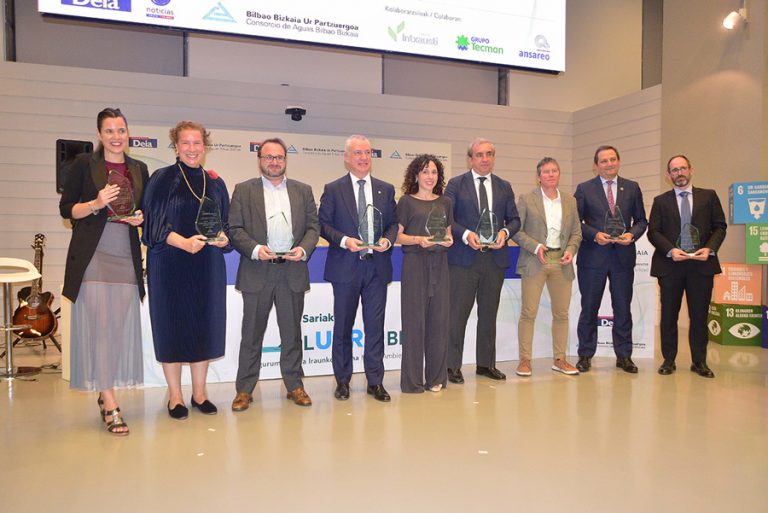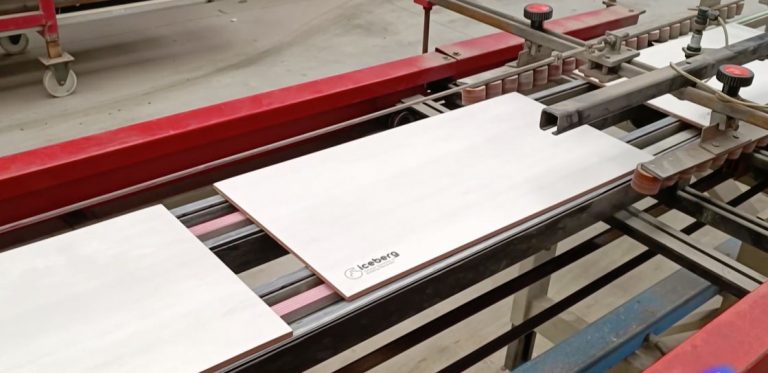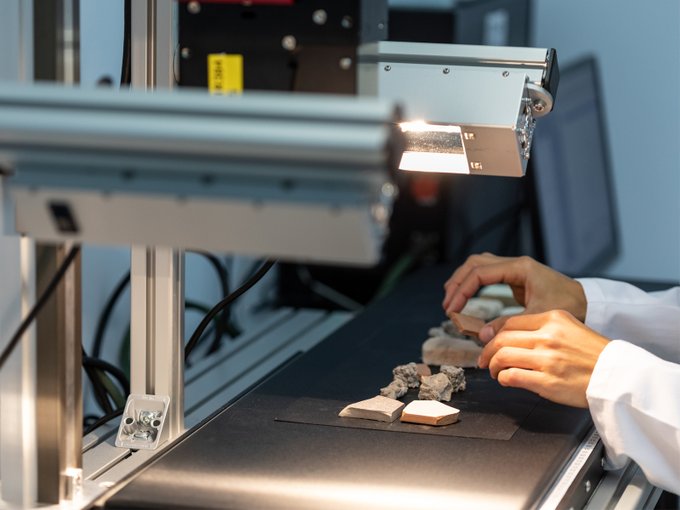On 17 December, David García Estévez (TECNALIA), manager of the ICEBERG Project, was a guest speaker at the closing event of the European LIFE-REPOLYUSE project. The keynote speech entitled “EU Policies for a Digital and Ecological Transition in Construction” was delivered by Philippe Moseley (Policy Officer, Sustainable Industrial Policy and Construction European Commission).
The LIFE-REPOLYUSE project is led by the Research Group of Building Engineering at Burgos University, which is working on finding new materials, by means of recycling industrial waste, to obtain useful products for construction. The project addresses the problem of waste management of polyurethane by using innovative reuse and reduction techniques. That waste is used as in new construction materials in order to extend the life cycle.
As a final product, LIFE-REPOLYUSE has developed prefabricated plaster in the form of a plate. It is made out of plaster and polyurethane waste in combination with specific additives whose initial matrix has already been tested in service.
The online event was the opportunity to present the project’s final results to an expert panel, as well as to review legislative and political points and to unveil other innovative programmes on the circularity of construction materials and waste. During this expertise- and experience-sharing and discussion forum, David García Estévez outlined the goals, strategies and technologies to be developed and scaled up as part of the European ICEBERG project.
The ICEBERG project aims to design, develop and validate innovative recycling systems and technologies, which allow reliable and high-value recovered materials with a low level of impurities (under 8%) to be produced. The industrial-scale validation will be conducted by means of six case studies at different locations in Europe. They will thus cover the circularity of concrete, ceramics, timber, plaster, insulating foams and super-insulating materials. A further aim is to improve the reliability and acceptability of recycled materials from construction waste.





